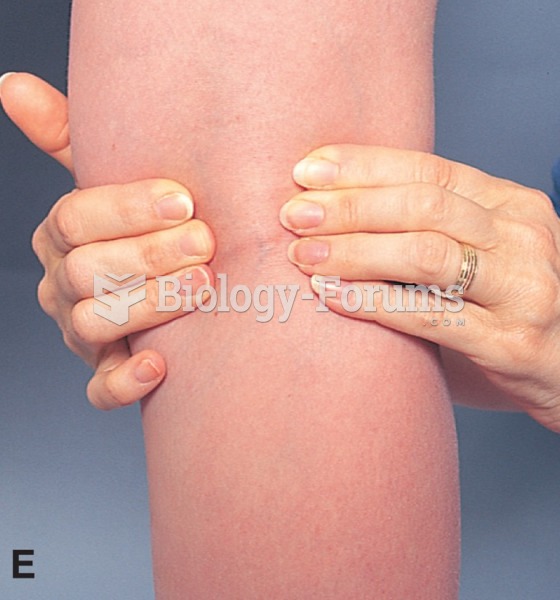|
|
|
Did you know?
Asthma cases in Americans are about 75% higher today than they were in 1980.
Did you know?
Your heart beats over 36 million times a year.
Did you know?
More than 30% of American adults, and about 12% of children utilize health care approaches that were developed outside of conventional medicine.
Did you know?
Common abbreviations that cause medication errors include U (unit), mg (milligram), QD (every day), SC (subcutaneous), TIW (three times per week), D/C (discharge or discontinue), HS (at bedtime or "hours of sleep"), cc (cubic centimeters), and AU (each ear).
Did you know?
The term pharmacology is derived from the Greek words pharmakon("claim, medicine, poison, or remedy") and logos ("study").
 This 80-year old man in a village in Hubei, China, has slowed down, but he has not retired. He is ...
This 80-year old man in a village in Hubei, China, has slowed down, but he has not retired. He is ...
 To measure engine oil pressure, remove the oil pressure sending (sender) unit usually located near ...
To measure engine oil pressure, remove the oil pressure sending (sender) unit usually located near ...





